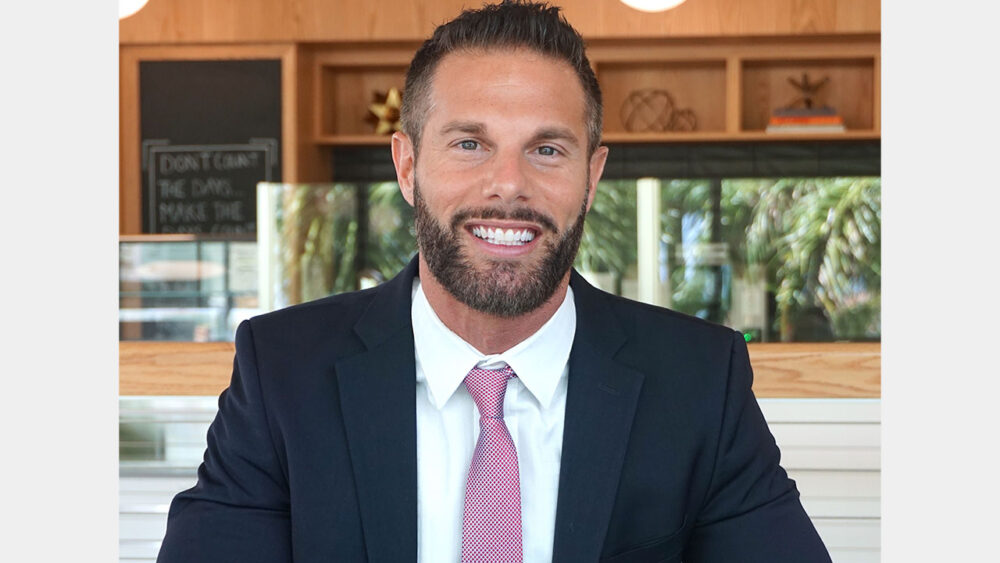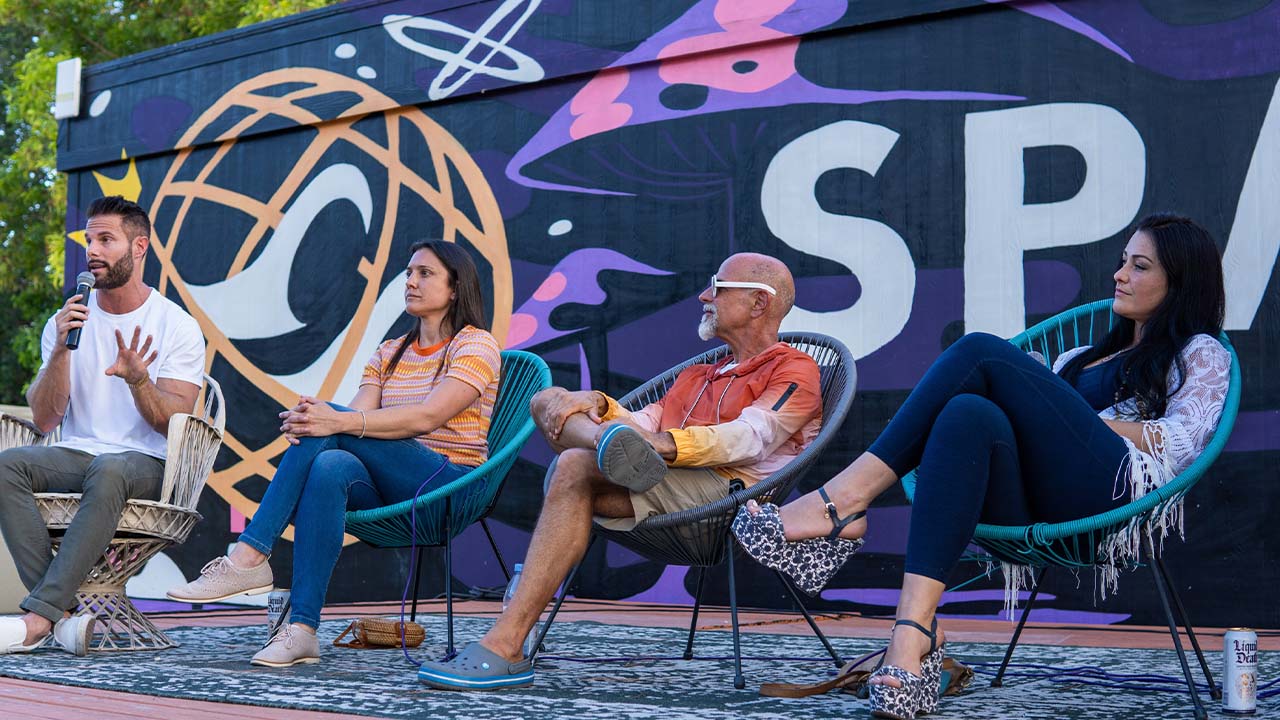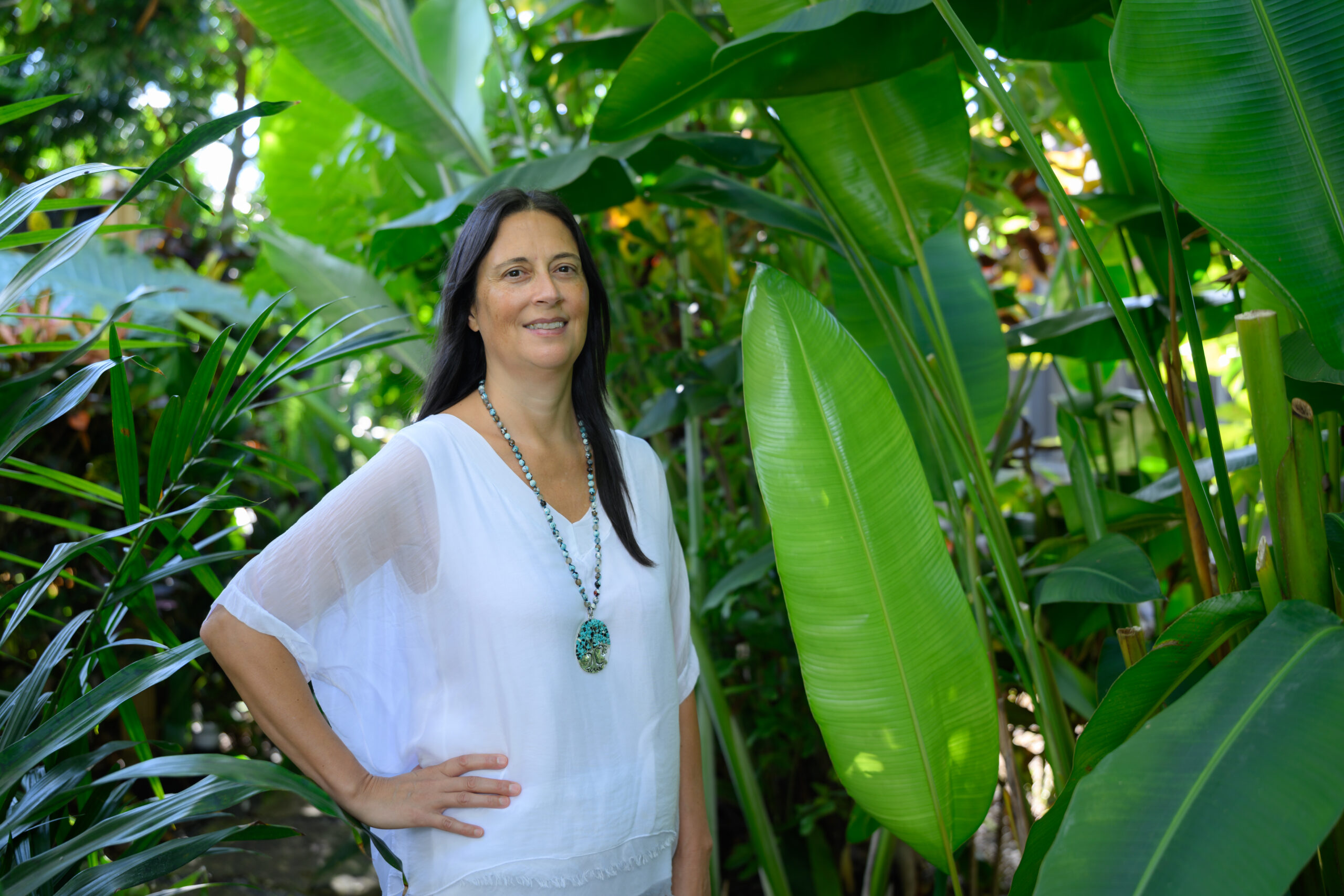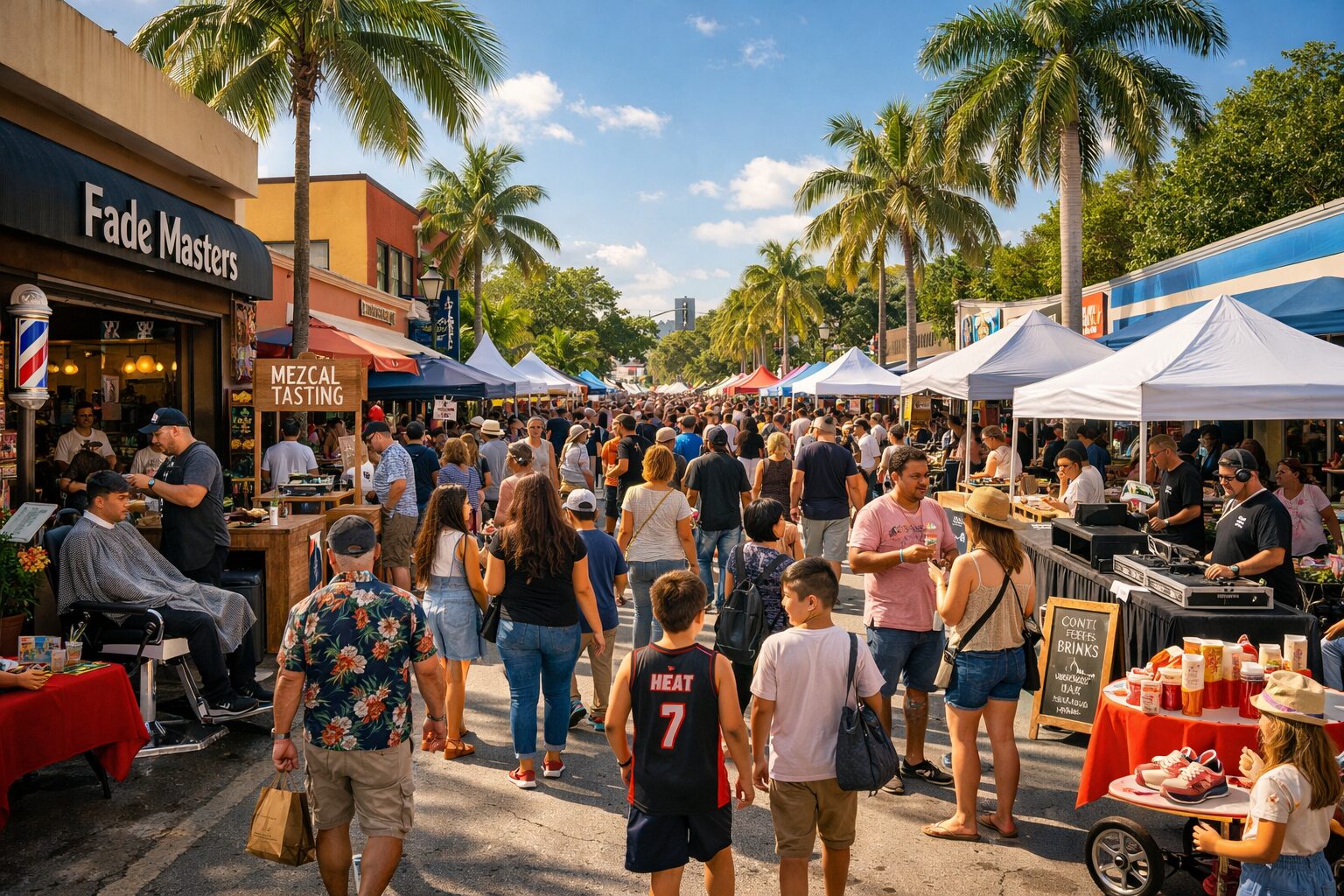Psychedelics are rapidly evolving from the era of Hunter Thompson’s “Fear and Loathing in Las Vegas” and Ken Kesey’s psychedelic bus trips to mainstream mental health treatments. One of the South Floridians at the center of this transformation is attorney and CPA Dustin Robinson, who has a psychedelics venture capital business, Iter Investments, which he founded with seasoned private equity investor Robert Velarde. The fund has raised $20 million and hopes to raise $100 million more in a new fund to make psychedelic therapies more accessible.
Iter’s Clinical Lead is Dr. Michelle Weiner, a clinical assistant professor at Nova Southeastern University who is board-certified in Interventional Pain Medicine, Physical Medicine and Rehabilitation. She is the founder of NeuroPain Health, Integrative Pain Management and mental health centers in South Florida focused on neuroplasticity and healing.
Psychedelic therapies figure into neuroplasticity to help patients rewire their brains to deal with traumatic issues like post-traumatic stress disorder.
Robinson and friend Sam Baum, Iter’s head of marketing and the former director of marketing at Red Bull, started a “Psychedelic Series” in 2021. It is designed to help break down the stigma around psychedelic medicines and mental health. It has had more than 30 panels, with more than 75 speakers and 1,500 attendees.

Among the guests have been former NHL player Daniel Carcillo, who used psilocybin to help deal with brain trauma, Adriana de Moura, the “Brazilian bombshell” on Bravo’s “The Real Housewives of Miami,” who used ketamine to deal with trauma in her life, and former Miami Heat player Lamar Odom, who is also known for being in “Khloé & Lamar” with his then-wife Khloé Kardashian.
Robinson recommends watching the documentary “Lamar Odom: Reborn,” which explains how Odom used ketamine and a naturally occurring psychedelic called ibogaine to help overcome trauma and addiction.
The psychedelic series started at Soho Beach House, a club and hotel in Miami Beach, but has expanded to New York, Chicago, Nashville, California, London and Amsterdam.
Athletic star in high school
Robinson is the son of a doctor who grew up in Hallandale Beach and was captain of the basketball and football teams at Miami Country Day School. (His @dustinr10 Instagram account shows he still has the lean physique of an athlete, but also is the best way to keep track of his business activities.)
Robinson went on to take a five-year program at the University of Florida that gave him a master’s degree in accounting. After a short stint at Deloitte, he went back to UF and earned a law degree. He worked for the law firm Holland & Knight, but in a few years found opportunity at Tropical Roofing Products, where he had an equity stake and reported to the CEO. The company grew quite well and he planned to take a year off after selling his ownership stake.
However, some friends were doing a complex deal in the cannabis industry in two different states.
“I decided I’d help ’em out. I didn’t know much about cannabis, didn’t really use cannabis even, but thought it was interesting,” Robinson says.
At the time, major law firms weren’t touching the cannabis field and Robinson started getting referrals and doing complex commercial transactions, financial modeling and investing in some for the deals.
“About four years ago, a lot of doctors I worked with started reaching out to me about psychedelics, and I was pretty surprised. I had never tried a psychedelic in my life. At first, I was like, ‘Yeah, it’s already crazy enough. I’m doing cannabis [as a business].'”
His attitude changed when four doctors reached out to him within a two- week span seeking his help.
He recalls thinking, “What’s going on here? So, finally I asked them to share some of the research, and I was just blown away by what I was reading—some of the research out of Imperial College of London, Johns Hopkins, NYU and Yale.”
He decided to help out with some research collaborations and launching ketamine clinics and telehealth companies.
Mr. Psychedelic Law
“So, it got to a point where I was probably the go-to attorney representing people in the psychedelic industry. There really weren’t any other lawyers that were doing it,” he says. “A lot of my clients were like, ‘You need to have your own experience.’ So, eventually I did try it and it was certainly quite mind opening and … it basically confirmed and validated all the research I was reading.”
For the first 35 years of his life, Robinson believed that psychedelics turned your brain into mush. “It’s the complete opposite. I felt my mind being expanded. So that’s when I started my nonprofit and really started pushing a lot more on the psychedelic side.”
His first experience was at a ketamine clinic with Dr. Weiner. The ketamine was administered with an IV. “You basically went to outer space. Ketamine is different than a lot of the other psychedelics. It’s a dissociative, so you totally feel like you’re outside of your body during the experience, which was quite amazing.”
Then he tried psilocybin and MDMA, which is also known as molly and ecstasy.
“For me, it was more interesting on how to utilize these compounds, not necessarily in a recreational capacity, but really for mind exploration and understanding consciousness better,” he says. “So, I dabbled with various different compounds, and what’s amazing about these compounds is for the most part, they’re not addictive. There’s no urge for me to want to go do mushrooms or psilocybin. The experience is so intense and it’s a special experience, but after you come out of it, it is not like the next day you’re like, ‘I want to go back in it.'”
These experiences are far different than joining Kesey and his merry pranksters on the Magic Bus or road tripping with Hunter Thompson on the way to Las Vegas.
Medical supervision helps prepare patients for the experience, which are part of authorized clinical research or permitted as off label uses, so they aren’t overwhelmed. The process is very intentional.
“If people have trauma, they’ll talk about some of the trauma during the preparation sessions and how to go into the administration session with the intention of resolving some of that trauma,” Robinson says. Some sessions are done at lower psychological doses and involve interaction with medical staff.
Tough issues that have been buried can come to the surface and patients can start crying, so doctors may end up holding their hands, let them know it will pass and they will be OK.
Physiological brain changes
The magic really happens during the integration process, Robinson says. “The days after is when you really have neuroplasticity, your brain is more malleable. You still have that physiological change in your brain, and that’s when you could really start changing behaviors and start changing thought patterns. So, it’s important you really work with a doctor or therapist or whomever after the session if you really want to get the best effects.”
Iter’s website lists portfolio companies that are developing addiction treatments and Robinson says psychedelics have tremendous potential to help break through thought patterns and behaviors. “But you still got to do the work after. It’s not a magic pill where you just go in there and all of a sudden you’re not addicted to opioids or cigarettes, whatever it might be.”
In some of the FDA clinical trials, the emphasis is on self-healing without talking. Patients are blindfolded, lay down and reprocess their trauma.
One of the big believers in self-healing is Lykos Therapeutics, a California company that has raised $100 million. The same day Robinson was being interviewed, an FDA advisory panel hearing raised questions about Lykos’ research methodology. The advisory panel voted against approving its MDMA for PTSD, but the decision isn’t binding on the agency, which is expected to make a decision Aug. 11.
Ketamine doesn’t have as many requirements as MDMA, so a lot of ketamine clinics keep a camera in the room and there’s just someone monitoring, making sure everything is fine, Robinson says.
There are even companies advertising on the internet on how patients can work with therapists and do ketamine treatments in their own homes with the effects of the drug lasting about an hour.
MDMA, which has a long history as a party drug, typically lasts six to eight hours, and psilocybin is about the same, Robinson says.
Different people can have different reactions to ketamine, Robinson says. Some people feel like they are on cloud nine afterwards, but he had the relatively rare reaction of feeling nauseous. Whatever the reaction, it’s recommended that you don’t drive for a few hours afterwards.
Ketamine is a controlled substance, but approved by the FDA as an anesthetic for surgery. It’s being used legally by doctors for off-label uses as they realize the therapeutic potential.
Robinson’s Mr. Cannabis law firm was recently rebranded as LumaLex Law, and focuses on serving founders in emerging markets, such as artificial intelligence, blockchain, cannabis, psychedelics, ketamine clinics and alternative health clinics, plus health care and real estate. (Robinson is also a licensed real estate agent.) The rebranding will help Robinson avoid being pigeonholed to just the cannabis industry.
Mr. Cannabis Law is no longer doing business as Robinson’s law firm and has turned into a consulting firm for the cannabis industry. Mr. Psychedelic Law is a nonprofit for the psychedelic industry.
Robinson says he spends most of his time on the investing side, which has a couple of entities.
Investment structure
Nucleus launches its own companies, which are mainly in the media sphere. For example, it owns psychedelicinvest.com, which provides analytics for investors in the psychedelic space. “It’s one of the most highly trafficked websites for any psychedelic keywords,” Robinson says.
Iter Investments takes minority stakes in early-stage businesses in the mental and behavioral health industries. It raised over $20 million about 18 months ago and has invested in 18 companies so far.
“Most of our investments are in the drug discovery space. So, drug development, whether it’s developing traditional psychedelics like MDMA, psilocybin, peyote or new generations of psychedelics, we’ve invested quite a bit.”
A lot of companies are working on manipulating molecules to reduce the effects of MDMA or psilocybin from six to eight hours to much shorter durations.
Some of Iter’s investments are already public and others could follow the same path or look to be acquired. Potential acquirers are already sniffing around two of the companies.
About 80 percent of the first fund is invested in psychedelics, but is also invested in virtual reality for mental health and digital therapeutics.
Robinson expects businesses involved in psychedelics may be 40 to 50 percent of the second fund, but he’s also seeing a lot of other alternative therapies for addressing mental health, behavioral health and wellness.
“Our thesis is really that the current paradigm we have in society for dealing with mental and behavioral health just really isn’t working,” he says. He questions how well the traditional pharmaceutical approach is working and wants to find innovative new therapies.
Accredited investors who want to learn more about the fund can fill out the contact form at iterinvestments.com.
Robinson wants to break down false social constructs, a goal listed on his LinkedIn profile. It started with realizing that psychedelics don’t turn your brain into mush.
“It really forced me to really question everything around me beyond just psychedelics. It’s like you come into society as a baby and you just kind of accept the constructs around you. And as you grow up, those constructs become more and more ingrained within you such that you don’t even question them. And really over the past several years now, I’ve really started just not accepting the constructs around me and really starting to question them and thinking about what is reality and what is truth? I’m a big believer that anything that challenges the traditional norm is a good thing. Sometimes the traditional norm is the right thing, but I think we should always be questioning the constructs around us and making sure that we’re operating in a reality that’s consistent with the truth.”















